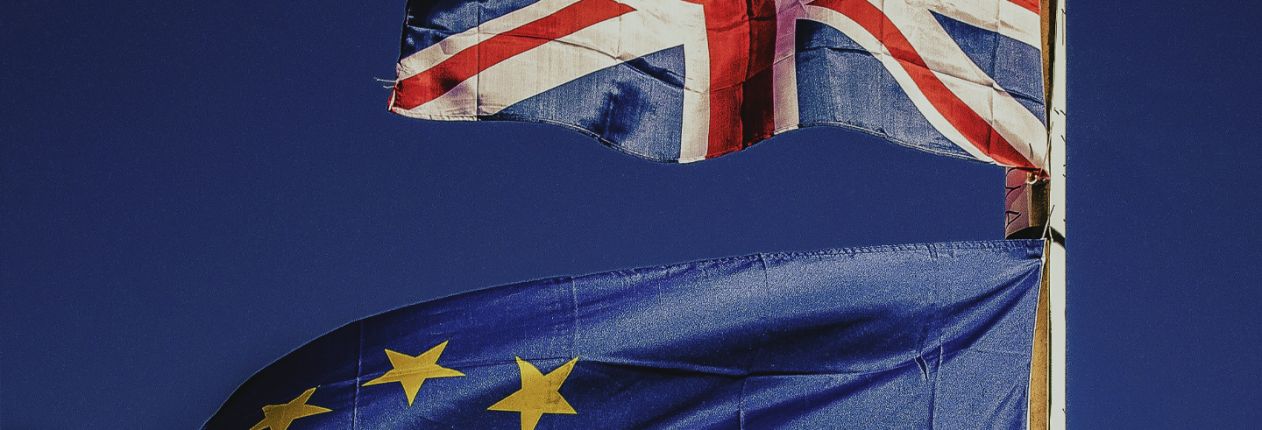- Brexit >
- Trading with Northern Ireland
The Protocol on Ireland/Northern Ireland came into effect at the end of the transition period on 31 December 2020. It means there is no hard border on the island of Ireland and Ireland’s place in the EU Single Market and Customs Union is protected.
Under the Protocol EU product legislation continues to apply in Northern Ireland. Northern Ireland is treated as if it is part of the EU Single Market and Customs Union.
It means that goods moving to and from Northern Ireland continue to do so with no significant changes and the responsibilities of economic operators in the EU are generally the same as if they are trading within the EU Single Market.
You can find the text of the Protocol here.
Current EU rules generally continue to apply to products manufactured in Northern Ireland or placed on the Northern Ireland market.
- They need to be CE marked.
- Which means that they still have to be certified by an EU notified body where required by the EU product legislation.
- And they have to have an EU Declaration of Performance.
However, be aware that products marked with the CE UK(NI) mark cannot be placed on the EU market, so cannot be sold in Ireland.
As EU product legislation continues to apply in Northern Ireland, any EU business buying from a Northern Ireland manufacturer or distributor are distributors under EU law and have no additional responsibilities.
The Protocol facilitates the free movement of goods, including manufactured products, on the island of Ireland. As a result:
- EU product certification
- CE marking
- EU Declaration of Performance
remains valid in Northern Ireland. This means that Northern Ireland customers of EU businesses are still distributors under EU law as it applies in Northern Ireland.
